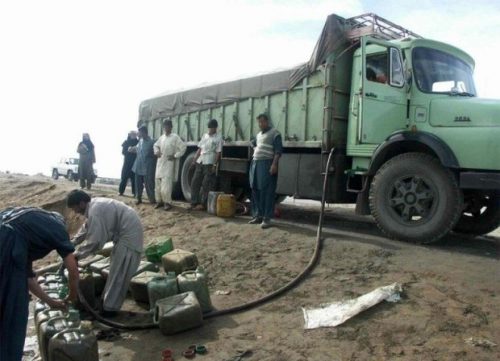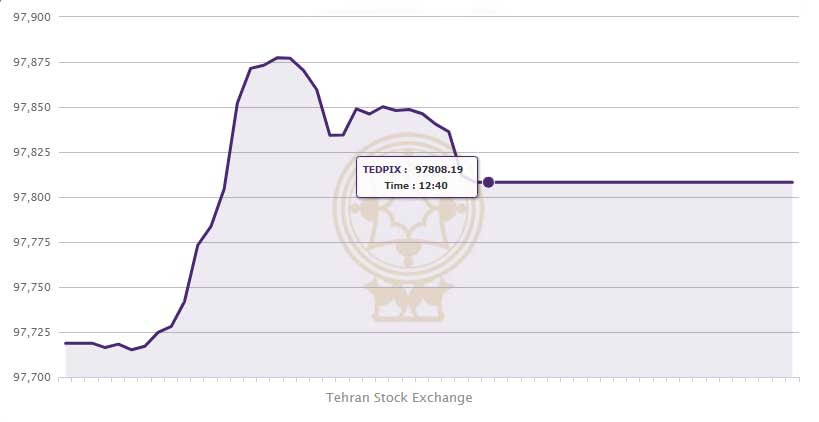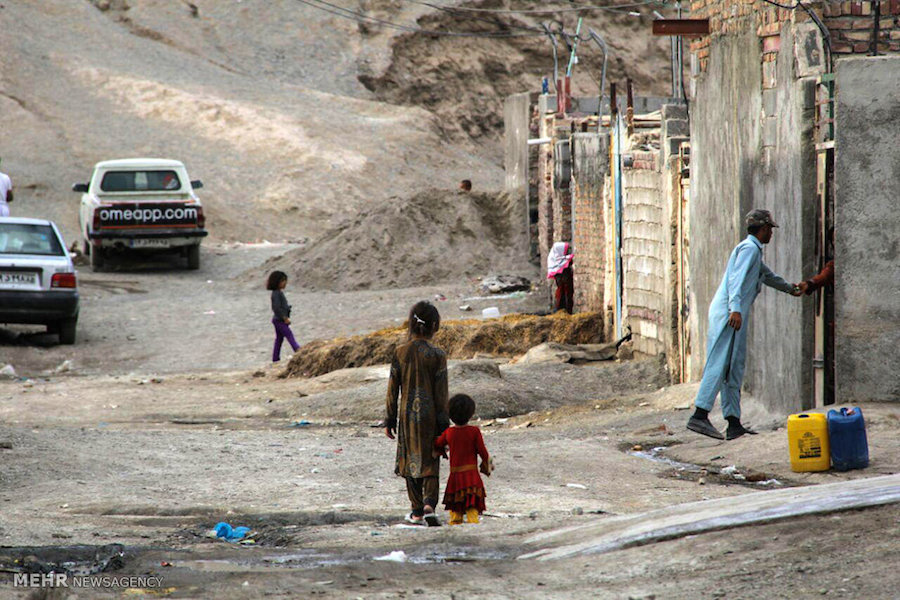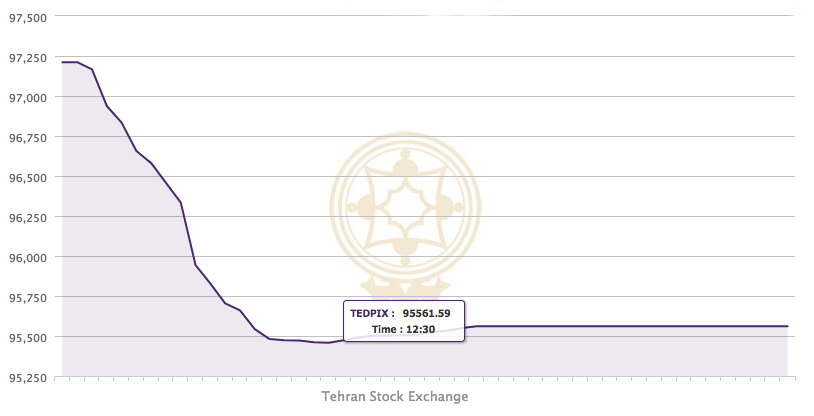
Energy contract: TOTAL in Iran
Iran signed the first energy contract since lifting the sanctions in January 2016, with French giant TOTAL to develop the 11th phase of South Pars gas field, the world’s largest gas field located in Persian Gulf.
The contract is of the new model, the so-called Iran Petroleum Contract (IPC) and is worth 5 billion USD. 50.1% of the stake belongs to TOTAL. 30% of shares belong to the Chinese National Oil Company (CNPC), and 19.9% to Petropars Company.
TOTAL is also interest in investing 2 billion USD in the Iranian petrochemical industries, announces Marzieh Shahdaee, CEO of National Petrochemical Company.
South Pars field belongs to Iran and Qatar and its development will increase Iran crude oil production by 56 million barrels per day.
Residents at borders pay less for oil
Oil products will be offered at a reduced price to those living along the borders. The Head of the Prevention of Fuel Trafficking Bureau at the National Iranian Oil Products Distribution Company, Behrooz Kermani, announced plans to sell fuel to people living along the borders in order to prevent the trafficking of fuel and said: “This plan has been extended to all land borders and covers a 20 kilometers radius. Quotas have therefore been set for exportation. To carry out this plan, a provincial workgroup will estimate the trafficking rates and for example, if the unofficial trafficking rates are 13000 IRR (0.4 USD) at the borders, fuel will be sold at 12000 IRR in order to break the trafficking chain.”
This plan has been previously piloted in the province of Sistan & Baluchestan with success.
Last year too much onion; this year too little
Due to the reduced supply of onions, this product has become more expensive than bananas. Currently the price per kilogram for onions and bananas is 38500 (1.2 USD) and 35000 IRR, respectively. Many years ago, when Iran did not produce bananas, this fruit was considered as one of the most luxurious and expensive products.
Head of the Agricultural Produce Union, Reza Nourani, believes that a reduction in planting onions has led to a reduced supply: “In the previous couple of years, the production of onions had increased significantly. This led to excess supply which caused some of the farmers to be unable to sell their produce. Due to the losses suffered by onion farmers resulting from the low price of onions, many of them did not plant this product or significantly reduced their production. This issue can happen again unless the supply and demand pattern is set based on the water levels and domestic needs by the Ministry of Agriculture.
Heat changes working hours in Iran
Due to the excessive heat and the power consumption of government offices, banks, city offices, The Government has agreed to a change the official working hours. Based on recommendations from power distribution companies, Governors of all cities in the provinces of Hormozgan, Khuzestan, Bushehr and Sistan & Baluchestan as well as cities in the provinces of Kerman, Fars, Ilam and Semnan in which temperatures exceed 45 Celsius have been given the authority to change working hours from 6:30 to 13:30.
Furthermore, all ministries, government institutes and companies, banks, city offices, public NGOs and production facilities have been obligated to use emergency generators between the hours of 12 to 16 in the months of Tir and Mordad (late June to late August).
Angry investors at Tehran Stock Exchange
The Securities and Exchange Organization (SEO) has announced: “the CEO of the Electricity Meter Manufacturing Company (SKI) which was being pursued by the SEO, has failed to post the 5 trillion IRR ($154m) bail and has been sent to prison.” This news was announced in the Bourse Hall after complaints from company investors. The SKI had published false data which led to a 350% leap in the price of shares in less than a month. The company had refused to publish the correct data and had canceled general assemblies and therefore the SEO had stopped the trading of its shares. Investors in SKI are now confused and worried about their investments.



